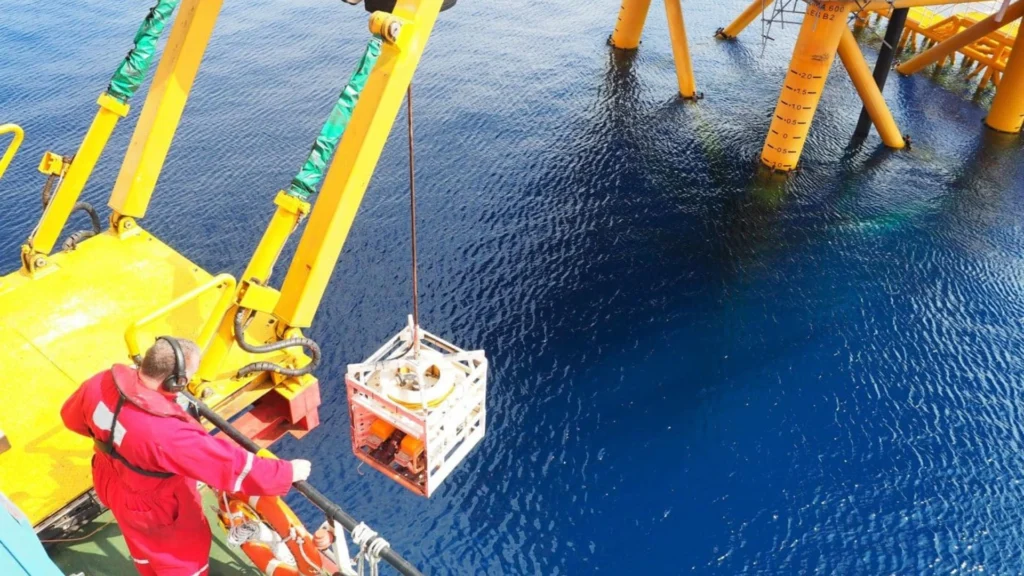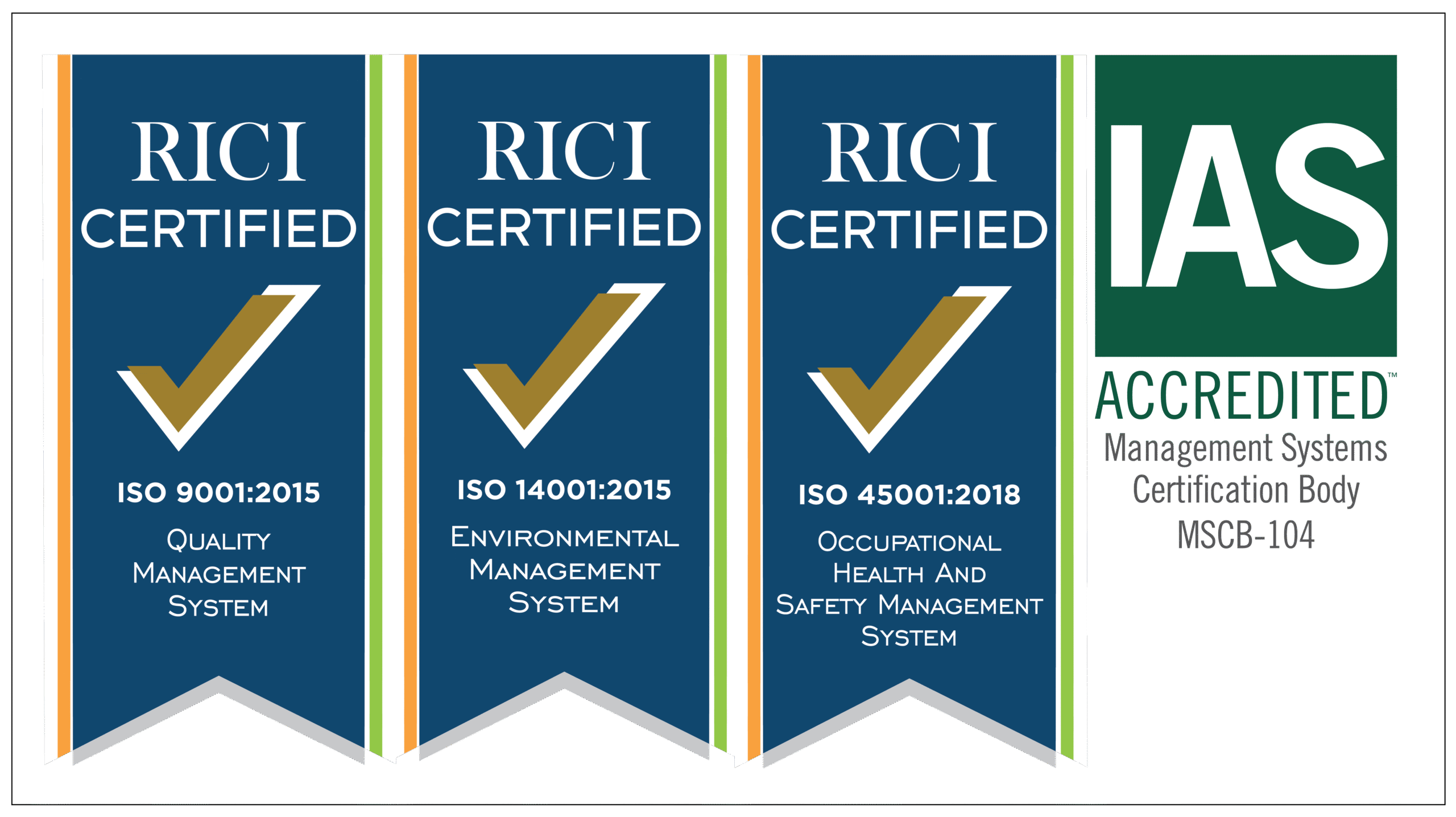A roustabout is a general labourer on an oil and gas rig who supports drilling and production crews in a variety of physical work. A roustabout performs work to help keep the rig clean, moves and sets up equipment, cleans up the work area, and supports more senior members of the rig, such as roughnecks and drill crew.
Most roustabout positions require long shifts, rotating schedules, and working in isolated or offshore locations where the crew may stay in the field or on the rig for extended periods of time.
Roustabout jobs are a strong option for pay and opportunity in the energy industry, especially for those without a college degree. According to recent benchmarks for the energy industry, roustabouts earn approximately the mid US$30,000s in base salary to the mid US$50,000s in major oil and gas markets, and they tend to earn more offshore because of longer shifts and the rotational nature of these jobs.
For example, offshore roustabouts can get day rates in the range of US$300, which is just over US$55,000 annually on a standard roster of 14/14 weeks, and upwards if they are located in a “hot” area of work, and for the right companies, in all likelihood with opportunities for overtime.
What Does a Roustabout Do?
An ordinary day-to-day task may include:
- Making the rig decks, walkways, and work areas clean and safe from hazards, spills, and debris.
- Doing the loading, unloading, and moving of pipe, tools, and heavy materials with the help of cranes, hoists, or manually.
- Assembly and disassembly of drilling equipment, tanks, and basic machines under supervision.
- Basic maintenance such as scraping and painting, lubrication, and a visual inspection of equipment.
- May assist drilling and production crews with general labour during rig moves, well servicing, and change-out of equipment.
In response to varying project requirements, one can anticipate a roustabout to exhibit flexibility and readiness to carry out almost any task given on the rig.
Skills and Qualifications Needed
It is not always necessary to have a formal higher education, but the candidate will generally be expected to possess the following:
- A high school diploma or its equivalent is required, along with some mechanical or technical aptitude.
- Good physical fitness is required, as well as the ability to lift heavy loads, work at heights, and perform repetitive manual tasks in difficult conditions.
- A healthy person with safety certifications (HSE or offshore survival) may also need to have basic fire-watch or confined space training.
- The ability to work in a team, to communicate effectively, and to be able to follow safety instructions accurately in a high-risk environment are some of the characteristics of the perfect candidate.
Several companies may offer you training during work time and consider the position of a roustabout as a career progression to more specialised roles such as a roughneck, crane operator, or maintenance technician.
Working Conditions and Salary
Roustabouts typically work:
- Shifts that are long (often 12 hours long) and cover a rotation schedule, which may include nights and weekends, except for most onshore work.
- In difficult situations, while being exposed to adverse weather, noise, vibration, and heavy equipment.
- On remote rigs or fields with lodging and meals provided on the job site during your rotation.
Reported earned income for roustabouts working internationally is generally in the upper $30,000s to mid $60,000s annual range, depending on location, employer, and experience, plus additional overtime and offshore allowances in many markets. With worldwide oil, gas, and associated maintenance work to be done, the job demand in this sector is still on the rise.
With the challenging nature of the oilfield work, a lot of employers are giving more attention to the well-defined health and safety programs for the roustabouts. These programs consist of frequent safety drills, fatigue management regulations, mental health support, and more transparent ways for employees to report near misses and safety hazards.
In a few markets, there are also firms that are upgrading accommodation standards and rotation schedules in order to lessen exhaustion. The companies know that better living conditions on the platform or at a remote camp can be a significant factor in fewer incidents and higher productivity of the front-line workers.
Career Growth Opportunities
A roustabout start can lead to:
- Progress on the rig floor to titles like roughneck, derrickman, or driller, getting more responsibilities and a higher salary.
- After gaining experience on the site and holding some additional certifications, get into crane operations, mechanical maintenance, logistics, or HSE.
- With sufficient experience in the field, you can transfer to management as a supervisor or foreman, managing crews and coordinating the daily activities.
For many workers in the oil and gas sector, the position is a door to a long-term career in energy, marine, or industrial sectors in general. Aside from standard drilling pathways, the roustabout position is also serving as a precursor to newer segments of the larger energy ecosystem. As operator preferences shift and companies invest more in maintenance, brownfield upgrades, and potentially even early-phase renewable projects, those companies are going to want to favour candidates who have at least had some experience with industrial safety, heavy equipment handling, or the logistics of working remotely.
Those experienced roustabouts will increasingly end up being considered for “cross-functional” roles in logistics coordination, HSE support, or site supervision, providing roustabouts with opportunities to diversify their career options than the past offered.
How 6 Pence Supports Roustabout and Energy Hiring
Companies in the oil and gas industry find it difficult to source fit, safety-minded roustabouts quickly and ensure complete compliance with local labour and HSE regulations. This is where 6 Pence can bring real value to your organisation.
6 Pence has valuable regional energy staffing experience and adds value to our clients by sourcing and pre-screening roustabout candidates for physical fitness, safety-mindedness, and relevant certifications.
6 Pence can also manage the entire onboarding process for roustabouts, including managing contracts, work permits, payroll, and creating the roustabouts’ rotation schedule in compliance with local laws. 6 Pence establishes adaptable crews for onshore and offshore projects, with the ability to adjust manpower numbers as the project demands.
Collaborating with 6 Pence, oil and gas operators, and contractors can direct their operations towards safety and efficiency while we take care of the manpower to ensure they always have crews waiting to be productive and site-ready.
Also Read:
Blue-Collar vs White-Collar Worker






